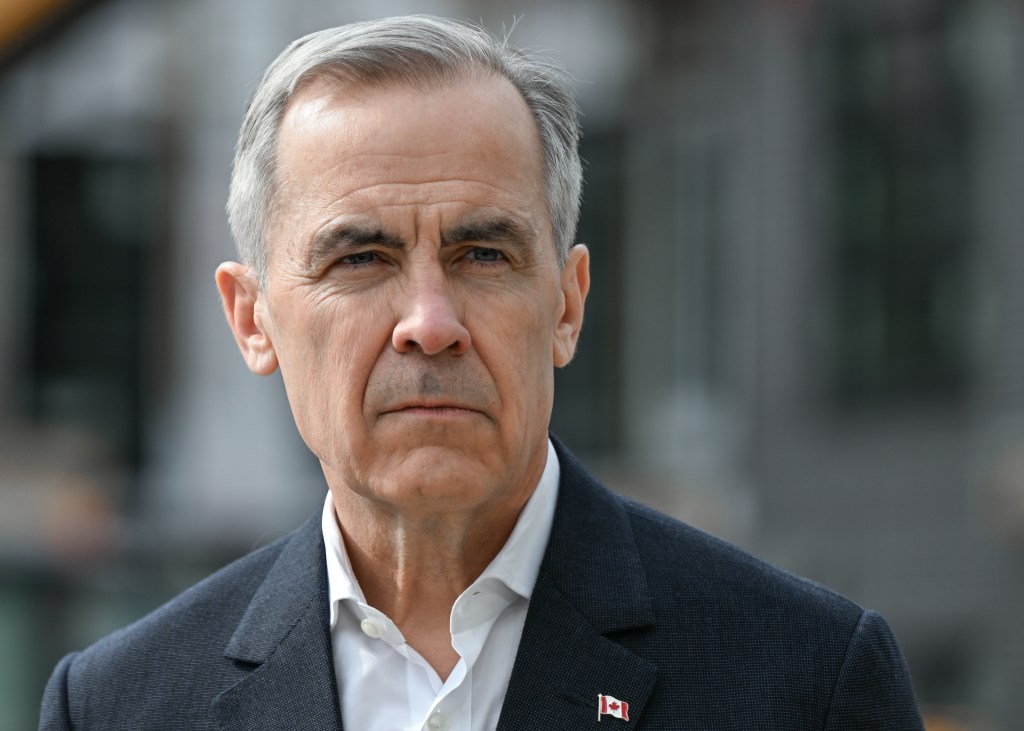Canada has halted its planned collection of a new digital services tax after President Donald Trump said that he would end negotiations on a new trade deal because of the new levy, which would affect Google, Meta, Amazon and other large tech firms.
“Today’s announcement will support a resumption of negotiations toward the July 21, 2025, timeline set out at this month’s G7 Leaders’ Summit in Kananaskis,” Canadian Prime Minister Mark Carney said in a statement on Sunday evening.
On Friday, Trump announced that they were ending negotiations because of the tax, calling it “a direct and blatant attack on our country.” Trump also threatened new tariffs.
The digital services tax is a 3% tax on revenue earned in the country from large online marketplace services, online advertising services, social media services and certain sales of user data. The tax digital services tax actually has been in place since last year, but has been set to be implemented at the end of this month.
Joe Biden’s administration also opposed the tax, with his U.S. trade representative, Katherine Tai, calling it “discriminatory,” and warned that it may be “inconsistent’ with the USMCA, the trade agreement between the U.S., Canada and Mexico.
Carney’s government also announced plans to bring forward legislation to rescind the tax. They noted that the government’s preference had been a multilateral agreement between countries, but the tax was enacted to address the fact that many tech firms may not pay levies on “revenues generated from Canadians.”
François-Philippe Champagne, minister of finance and national revenue, said, “Rescinding the digital services tax will allow the negotiations of a new economic and security relationship with the United States to make vital progress and reinforce our work to create jobs and build prosperity for all Canadians.”



